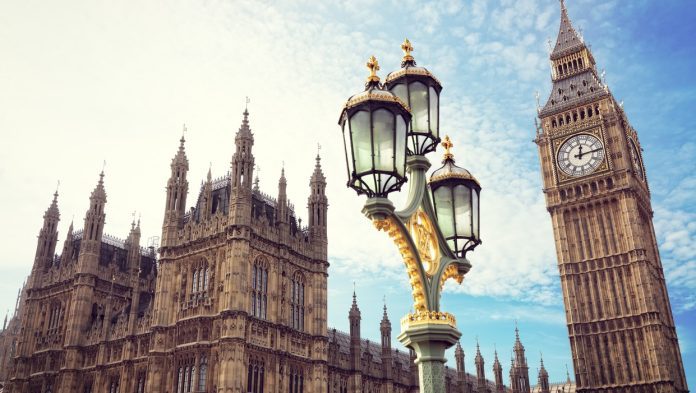The UK government has warned against medical travel to Turkey after 17 British nationals have died following treatment in the country in recent years. The advice from the Foreign, Commonwealth & Development Office (FCDO) urges UK citizens looking to travel to Turkey for medical treatment, elective surgery and dental procedures to undertake detailed research before travelling.
The warning is advisory and has no legal status. Coincidentally it was issued soon after Turkey again refused entreaties from the UK and EU to ban Russian tourists and airlines.
About Turkey’s medical travel sector, the FCDO states:
- The term medical tourism refers to those tourists who have chosen to have medical/surgical/dental treatment abroad. Cosmetic surgery, dental procedures and cardiac surgery are the most common procedures that medical tourists undertake.
- The standard of medical facilities and available treatments vary widely around the world.
- British nationals considering undertaking medical treatment in Turkey should carry out their own research.
- It is unwise to rely upon private companies that have a financial interest in arranging your medical treatment abroad. We are aware of 17 British nationals who have died in Turkey since January 2019 following medical tourism visits.
- If you are travelling to Turkey to undertake a medical procedure you should ensure that your chosen medical facility is accredited with the Turkish authorities.
The FCDO also adds general warning points about medical travel:
- Individuals planning overseas treatment are advised to use internationally accredited clinics or hospitals, although using an accredited clinic or hospital does not guarantee a satisfactory outcome.Individuals considering travelling for treatment should discuss their plans carefully with their UK doctor, dentist and/or hospital specialist before committing to any procedure abroad.Travellers should speak directly to the health professional undertaking the planned treatment before travel and check their qualifications and references independently.
- Medical advice from a travel agent or administrator is unacceptable.
- UK residents travelling abroad for medical treatment, elective surgery and dental procedures may be at increased risk of complications, including exposure to blood borne viruses. They may also be unaware of the potential health and financial consequences they could face.
- The British Association of Aesthetic Plastic Surgeons consistently advises against travelling abroad for any kind of surgery, not just cosmetic. They counsel that all surgical procedures carry risks, even when performed by a reputable surgeon in the UK.
- Antibiotic resistance is a global problem and resistant bacteria may be more common in some regions.
- Communication may be a problem.
- Medication can be counterfeit or poor quality in some countries.
- Risk of exposure to blood borne diseases, such as hepatitis B and HIV, may be increased due to potential re-use of medical equipment or inadequate blood collection, screening and storage in destination countries.
- The medical tourism industry is almost entirely unregulated and this has potential risks for those travelling out of the UK.
- Individuals diagnosed with progressive or chronic illnesses may be vulnerable to exploitation by providers of unproven interventions abroad.
- Patients travelling for untested treatment can be exposed to additional safety risks due to the nature of the intervention and may face high financial burdens for potentially ineffective treatment.
- Long distance air travel post-surgery is thought to heighten risk for deep vein thrombosis or pulmonary embolism. Individuals travelling for organ transplantation may experience higher rates of severe infectious complications because of inadequate screening protocols overseas.








 ©2024 All rights reserved LaingBuisson
©2024 All rights reserved LaingBuisson 


